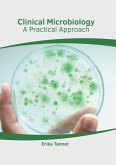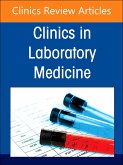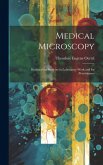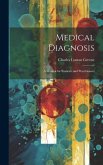Microbiology is the science of the study of unicellular, acellular and multicellular organisms. Infection with bacteria, virus, fungi, parasites and a protein called prion result in a number of infectious diseases. Some of these are hepatitis C, malaria, typhoid fever, tuberculosis, etc. Studying the characteristics of pathogens, their transmission mechanisms, and processes of infection and growth, provide better insight into human diseases. The subset of microbiology called medical microbiology is concerned with the diagnosis, treatment and prevention of infectious diseases. The diagnosis of an infectious disease is based on a microbial culture, biochemical tests, microscopy and genotyping. When abnormalities arise in the internal physiology due to the growth of an infectious agent, it can be detected using CAT scans, NMR, X-rays and PET scans. Some infections can be dealt with by the immune system of the body. However in case of more serious infections, antimicrobial drugs such as antibacterials, antifungals, antivirals and antiparasitics aid in fighting the infection. While using a line of antibiotics, it is necessary to consider the strain of the microbe and its antibiotic resistance, the toxicity of antimicrobial drugs and the site of the infection. This book elucidates new techniques and applications of microbiology in a multidisciplinary manner. The topics included in this book on the clinical applications of microbiology are of utmost significance and bound to provide incredible insights to readers. As this field is emerging at a rapid pace, the contents of this book will help the readers understand the modern concepts and applications of the subject.
Hinweis: Dieser Artikel kann nur an eine deutsche Lieferadresse ausgeliefert werden.
Hinweis: Dieser Artikel kann nur an eine deutsche Lieferadresse ausgeliefert werden.








